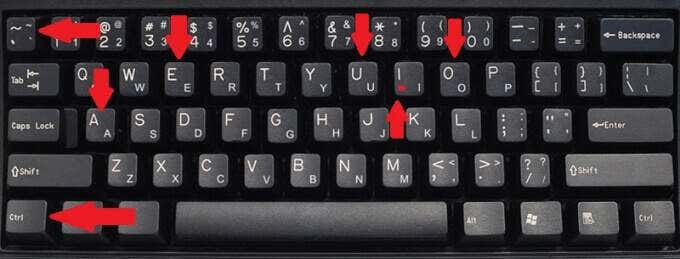

This is designed to help you not only to understandĪll red words have a "star rating": the 2,500 most common and basic English words, such as: easy, go, have, houseĬommon words, such as: behave, frighten, intelligence, occasional fairly common words, such as: boil, cruelty, farming, metric veryĮnglish DICTIONARY FOR ADVANCED LEARNERS OF AMERICAN ENGLISH

For these red words, the dictionary provides a lot of extra information (for example, about grammar and collocation) and a wide range of example sentences. There are 7,500 red words, and they have been carefully chosen on the basis of their frequency and their importance. These are the words that as an advanced learner you need to know especially well. In red form the core vocabulary of English. Points to another entry or page that you should look at for more information or for pictures Trademark (trademarks are not given a word WORD CLASSES quantifier short form (for example can 't)Ībbrev (=abbreviation) adj (=adjective) adv (= adverb)
usually used in negative sentences or questions. "do" when they are used with other verbs to form questions, show their tense, etc.: When are you leaving? They didn't understand. doing sth followed by a verb + ing: I love to do sth followed by a verb in the infinitive: / love to go shopping. verbs that are used with another verb to express ideas such as possibility, permission, or intention: She might come. transitive verbs that have a direct object: / ate my lunch. followed by a clause beginning with "that" but you can miss out the "that": Are you certain that it's finished? or Are you certain it's finished?. Noun] adjectives that can never be used before a noun: I felt afraid. verbs that are followed by a noun or adjective complement describing the subject: They looked happy. nouns that can be used in the singular but are often or usually plural: boundary, fee. nouns that are used only in the plural and always take a plural verb: cattle,. nouns that are used with a, an, or the but are never used in the plural: babble, halt. Nouns that cannot be used with a or an or a number and have no plural: happiness, pasta countable nouns that are used with a or an or a number and have a plural: car, soldier. 
MACMILLAN DICTIONARY FOR ADVANCED LEARNERS OF AMERICAN ENGLISHīoaton Public Library S No1P«8H.







 0 kommentar(er)
0 kommentar(er)
